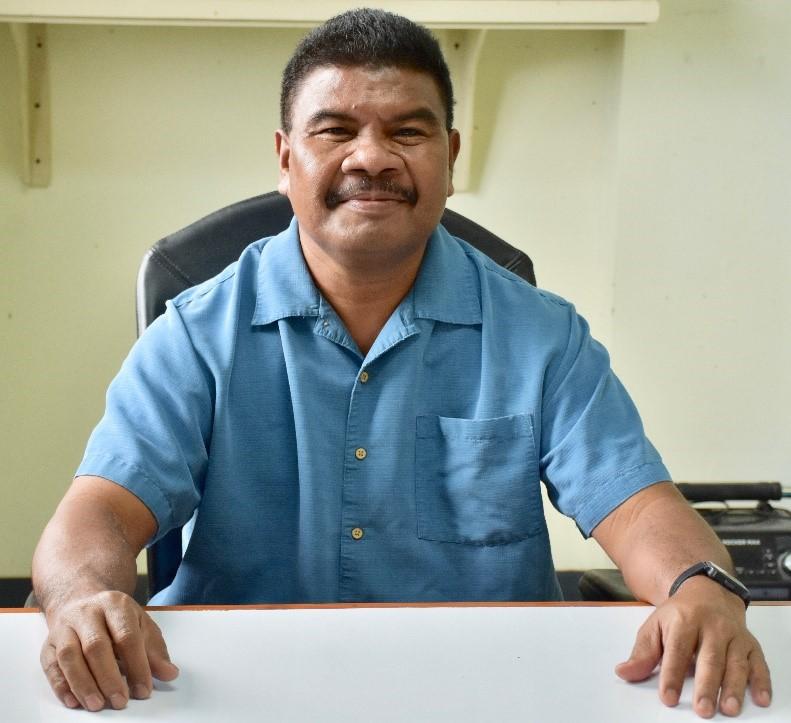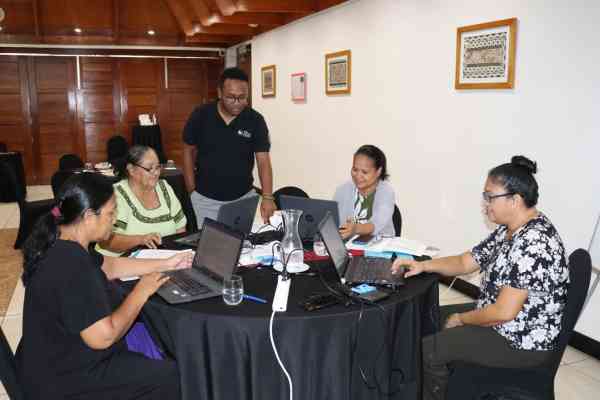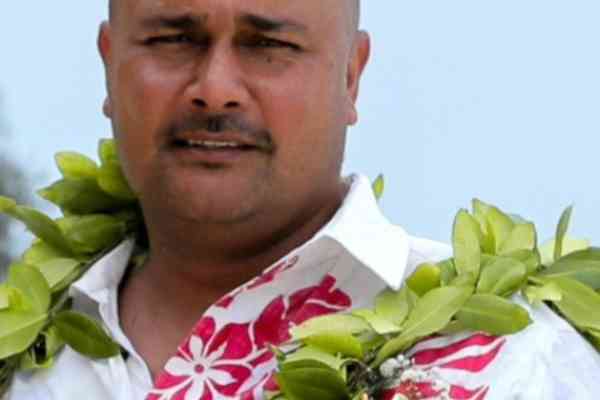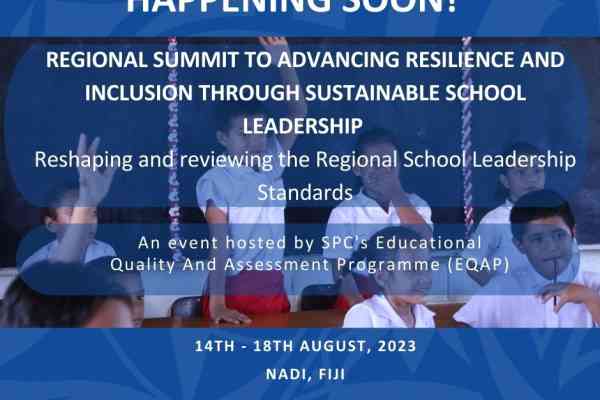(Contenu disponible en anglais uniquement)
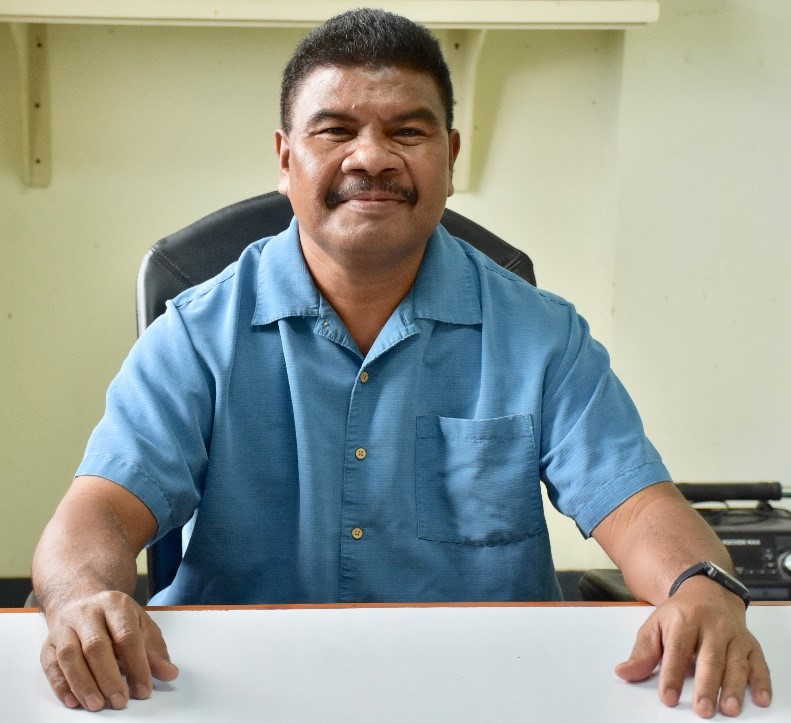 Education managers and school principals from across the region will convene in Nadi from 14 to 18 August for the Regional Summit on Advancing Resilience and Inclusion through Sustainable School Leadership to update the Regional School Leadership Standards in 2012.
Education managers and school principals from across the region will convene in Nadi from 14 to 18 August for the Regional Summit on Advancing Resilience and Inclusion through Sustainable School Leadership to update the Regional School Leadership Standards in 2012.
The Summit will draw on the expertise, experience, and knowledge of the culture and context of the 15 countries in the region, regional and international institutions, donor partners, and international agencies to review the Regional School Leadership Standards.
Meet Raynold Mechol, Palau’s Senior Education Officer, sharing the elements of the country’s national standards for monitoring the performance of school principals.
1- Do you have a set of national standards for monitoring the performance of school principals across all levels of education in your country?
Yes, there are six sets of standards that are applied to our elementary and high school teachers, that's from grades K to 12. These standards are organised into six critical areas for effective school leadership. Standard one is around visioning, standard two is on school governance, standard three is on instructional leadership, standard four is focussed on school culture and climate, standard five is around operations and standard 6 focusses on accountability.
Under each standard, there are performance indicators providing guidance to school leaders as to what kind of practices, values, understanding, and beliefs are being asked of them. These standards in my view have been somewhat effective for our school leaders. I think a critical area that Palau needs to focus on is the current approach and practice for preparing future school leaders.
2- Do you think the standards outlined at the national level address the responsibilities and duties of a school principal?
I do believe that the standards we have outlined for our schools do address the responsibilities and duties of school principals as we have an induction programme for teachers and school principals. The same induction programme applies to all employees of the Ministry of Education. There's no real distinction between the different roles within the school community.
3- What is the most important standard that you think school principals across the region should have and why?
I think the most critical attribute or standard that school principals across the region should have is the standard of instructional leadership as that's the core business of education. It is, in my view, that school leaders should have a deep understanding of what it takes to become effective instructional leaders. I think that's the most critical one and we need to as a region pay close attention to it because the bottom line is that despite all the other critical aspects of school leadership, school principals will always be held accountable for student performance or lack of performance.
4- If you were to make any changes in your criteria/standards for assessing the performance of school principals, what would this be and why?
For our case in Palau, the standards I think are adequate. It is the process for preparing school principals that we need to really look at and see where we can improve. I think the induction of school principals should be formalised and be made different from teachers and other professional roles within the Ministry of Education so that during that induction programme, school principals become aware of the standards and the performance indicators that are expected of them.
I also understand that it takes time for them to grow into the role of an effective school leader. So, the central office or the ministry must provide that constant support and training to school leaders so that they can perform their jobs at higher performance levels.
In that way, I can foresee that schools will begin to see results and when students start performing at high levels, that also engages the community in more school activities and student learning programmes. So, it is critical that we look and pay close attention to the way school principals are being prepared, how they are trained and how they are continually supported so that they can do better and that they can perform their tasks at a higher performance level.
Effective school leadership is critical. We need effective school leaders in schools across the entire Pacific region so that we can ensure that student learning continues and that students receive the best instructions so that they can perform to the best of their ability and potential. I think that is very critical for the advancement of education in the entire Pacific region and I look forward to the upcoming summit as a great way for us to learn from one another, share good practices and hopefully bring the knowledge back to our own countries and share with the rest of the school leaders.
